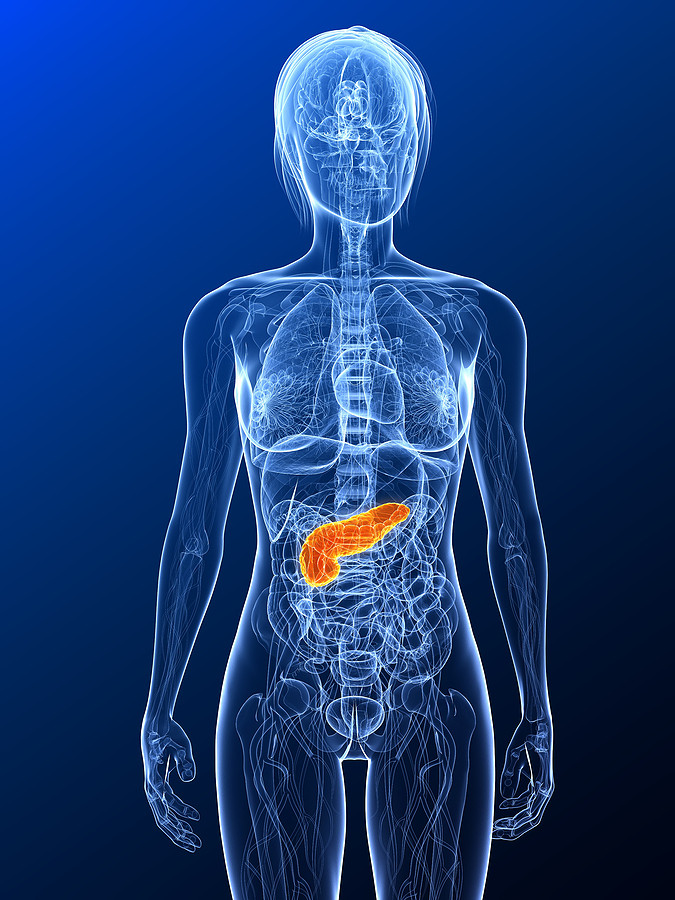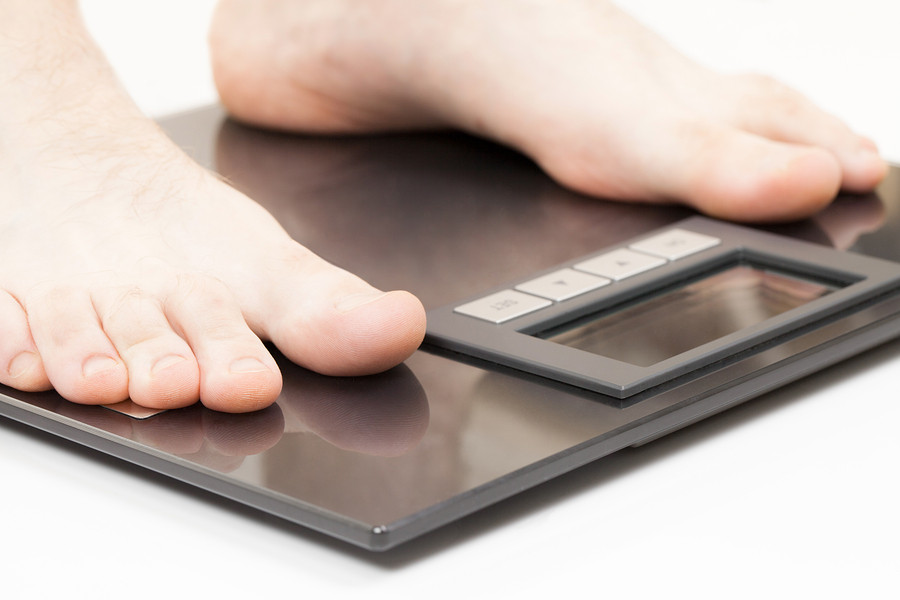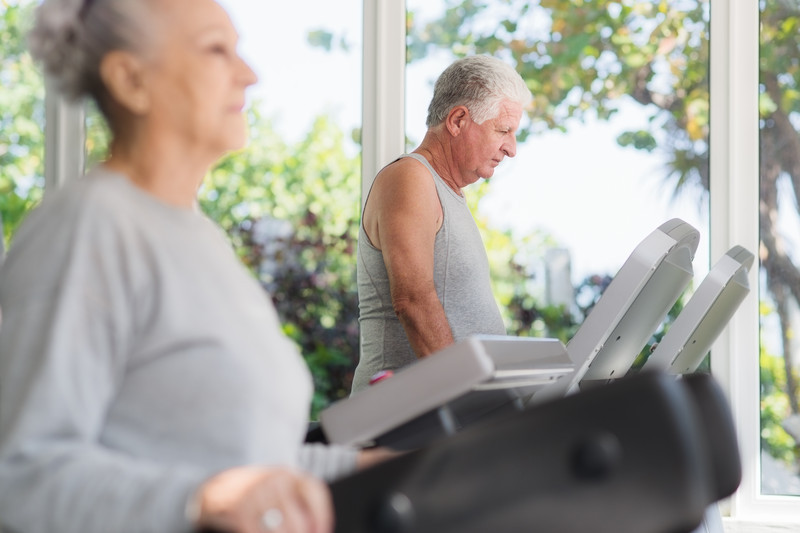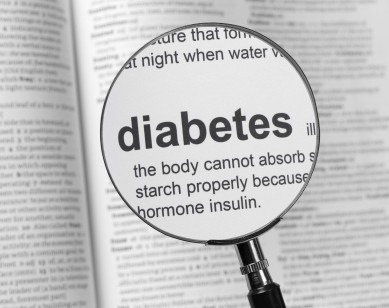Harvard Health Blog
Read posts from experts at Harvard Health Publishing covering a variety of health topics and perspectives on medical news.
Articles
Harvard Health books win awards
Four Harvard Health books won Wil Solimene Awards for Excellence in Medical Communication this weekend. They are Almost Addicted, by J. Wesley Boyd, MD, PhD, and Eric Metcalf, MPH; Chicken Soup for the Soul: Say Goodbye to Stress, by Jeff Brown, MD; Almost Depressed, by Jefferson Prince, MD, and Shelley Carson, PHD; and The Harvard Medical School Guide to Tai Chi, by Peter M. Wayne, PhD, and Mark L. Fuerst.
Caffeine and a healthy diet may boost memory, thinking skills; alcohol’s effect uncertain
A study published in this month’s Journal of Nutrition suggests that drinking caffeinated beverages, having the occasional alcoholic drink, and eating a healthy diet may help preserve memory and thinking skills long into old age. In particular, foods that are part of the Mediterranean diet—fruits, vegetables, nuts, fish, olive oil, and whole grains—show promise for preserving memory and preventing Alzheimer’s and other forms of dementia.
“Bionic pancreas” could help people with type 1 diabetes control blood sugar
Researchers at Boston University and Massachusetts General Hospital have developed a bionic pancreas. In an early test of the device, reported online this week in the New England Journal of Medicine, it helped control blood sugar levels in 20 adults and 32 teenagers with type 1 diabetes who went about their daily lives without the constant monitoring and injecting that’s required with type 1 diabetes. Right now, this artificial pancreas is essentially an app that runs on an iPhone wirelessly connected to a monitor worn on the abdomen that continually checks blood sugar and two pumps, one for insulin and one for glucagon. The team that developed the bionic pancreas have begun a second round of testing, and hope to have a more sophisticated version on the market in five years. While not a cure, the development of a bionic pancreas represents a bridge that would let people with type 1 diabetes control their blood sugar with less hassle, and more safely, than they do now.
Delaying treatment for PSA-only relapse poses won’t hurt survival in some men
Men who experience a spike in PSA but who have no symptoms after surgery or radiation therapy for prostate cancer can wait for up to two years before starting hormone therapy, according to a new study.
Erectile dysfunction drugs may protect against penis shrinkage after prostate surgery
Some men have a slightly shorter penis after undergoing surgery to remove a cancerous prostate gland. A new study shows that taking an erectile dysfunction drug like Viagra or Cialis after surgery can prevent that from happening.
When you can’t let go: What to do about hoarding
Many of us have trouble parting with our possessions—even when we no longer need them. Some people hold onto decades’ worth of receipts, newspapers, and other seemingly useless items. They have hoarding disorder—a mental health condition characterized by a compulsive need to acquire and keep possessions, even when they’re not needed. Exactly when a “pack rat” crosses the line into true hoarding has to do with the intensity with which they’re saving, and the difficulty getting rid of things. Severe hoarders can accumulate so much that they render their living spaces unusable—and dangerous. Hoarding also takes an emotional toll on families and friends. Experts recommend treating hoarders with hoarding cognitive behavioral therapy (CBT) to help the person better understand why he or she is hoarding, and to improve decision-making, organizational, and problem-solving skills.
Not quite a threat yet, but MERS merits watching
In 2012, after the CDC declared SARS presented a threat to the public’s health and safety, public health and infectious disease experts took note of a new viral respiratory disease that was also caused by a coronavirus, Middle East Respiratory Syndrome (MERS). So far, roughly one-third of the people with confirmed cases of MERS have died. Until recently, most cases of MERS occurred in countries in the Arabian Peninsula. But this month, two cases of MERS have been confirmed in the United States. At the most recent meeting of WHO’s Emergency Committee members expressed growing concern about MERS, but since there is currently “no evidence of sustained human-to-human transmission” the situation doesn’t yet meet the criteria for a Public Health Emergency of International Concern.
For women on osteoporosis drug “holiday,” bone testing at one year offers little benefit
For women with osteoporosis who are embarking on a “holiday” from taking a bone-building drug, the message from a study released today is “Bon voyage—see you in two years or so.” After menopause, loss of bone (osteoporosis) can lead to crippling fractures of the hip and spine. Drugs called bisphosphonates—alendronate (Fosamax) was the first on the market in the mid-1990s—slow bone loss. But after taking these drugs for a number of years, the balance can begin to tip from help to harm. A new report from the Fracture Intervention Trial Long-term Extension (FLEX) shows that measuring bone density after one year added no information that would have helped doctors identify who was at risk and perhaps should start taking a bisphosphonate again. Waiting two years is a good option for most women.
Robot-assisted prostate surgery no better than standard operation
Thanks in part to advertising, many men with prostate cancer believe that they’ll get better results with robot-assisted prostate surgery than with more traditional open surgery. The latest study doesn’t bear that out.
Ceremonies, remembrances mark one-year anniversary of Boston Marathon bombing
One year ago today, the detonation of two improvised bombs near the finish line of the Boston Marathon killed three people, injured more than 260 others, and shattered a day traditionally filled with joy and camaraderie. Although the bombing immediately extinguished the celebration, it sparked an outpouring of extraordinary work and compassion that continues to this day. Residents of Boston, the Commonwealth of Massachusetts, and beyond rallied to help those injured by the bombs. It is a testament to the extraordinary care and preparation by first responders and staff members at all Boston-area hospitals that only three people died. Many of the wounded were taken to teaching hospitals affiliated with Harvard Medical School. The medical school and its institutions take time today to mourn this senseless tragedy, pray for those who lost a loved one or who themselves still bear physical and emotional scars from the bombing, and acknowledge the work of first responders, emergency department staff, and others who have been part of the healing effort.

Respiratory health harms often follow flooding: Taking these steps can help

Tips to leverage neuroplasticity to maintain cognitive fitness as you age

Can white noise really help you sleep better?

Celiac disease: Exploring four myths

What is prostatitis and how is it treated?

What is Cushing syndrome?

Exercises to relieve joint pain

Think your child has ADHD? What your pediatrician can do

Foam roller: Could you benefit from this massage tool?

Stepping up activity if winter slowed you down
Free Healthbeat Signup
Get the latest in health news delivered to your inbox!
Sign Up























